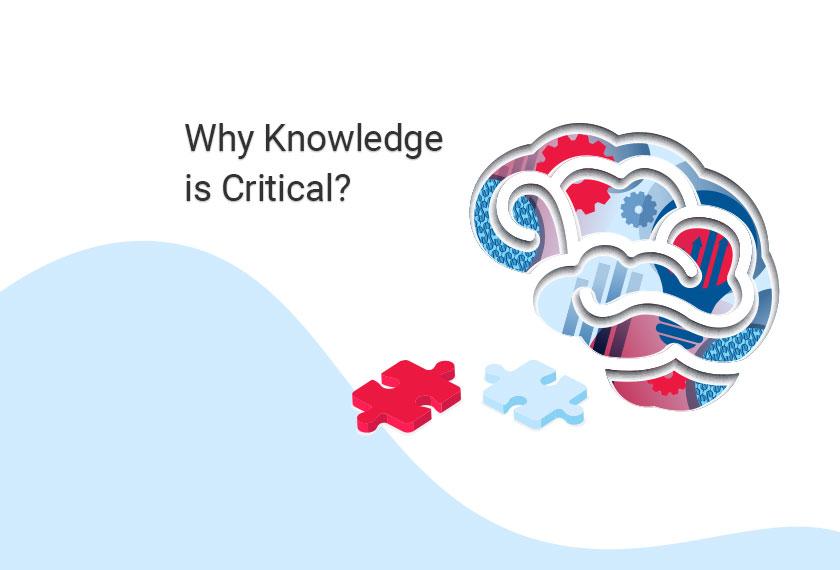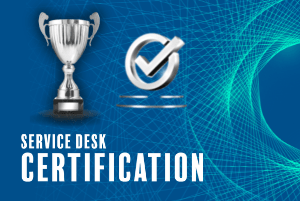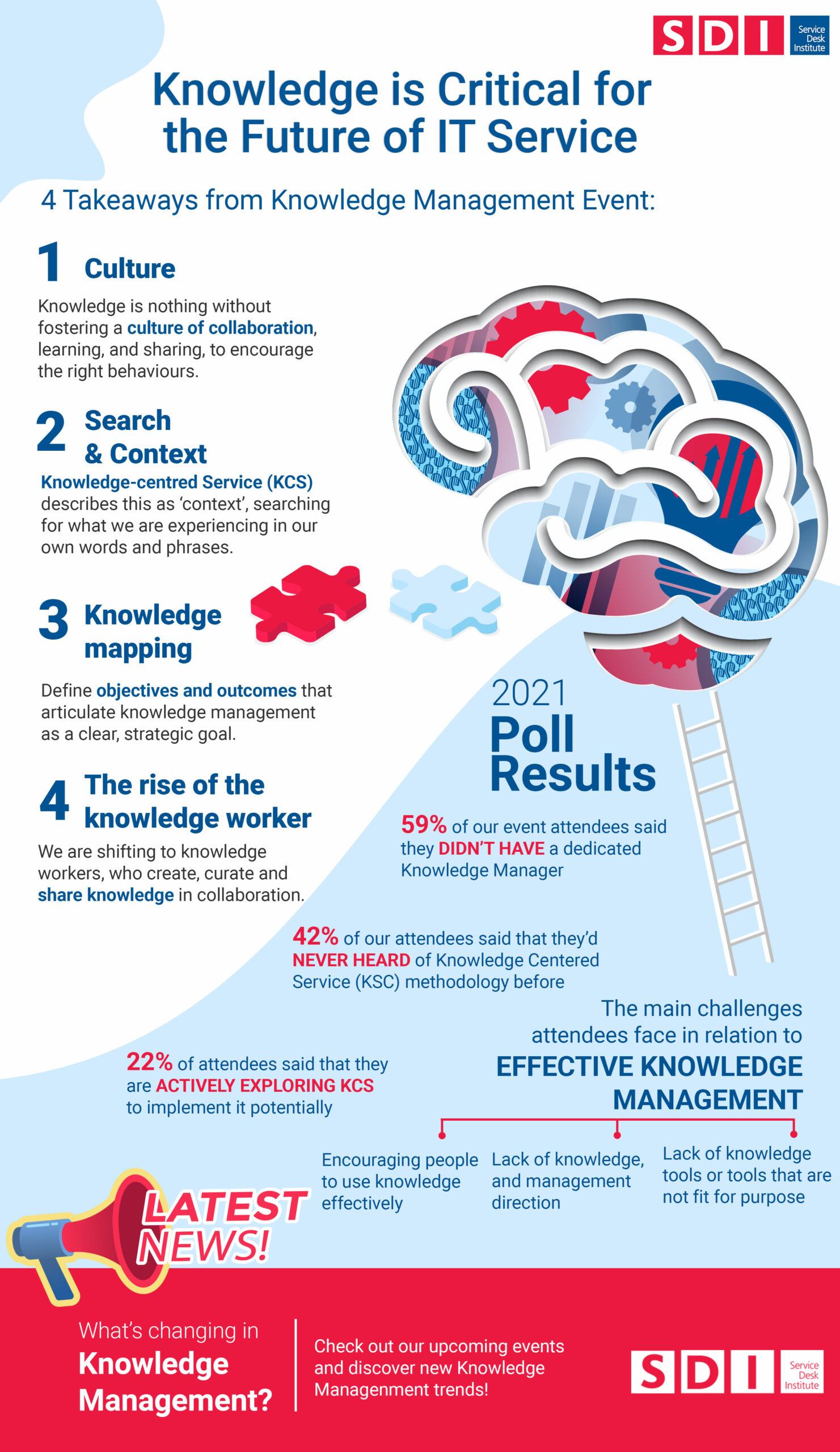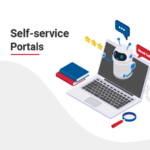
You know the drill by now; otherwise, you wouldn’t be reading this. The time has finally come! We’re excited to announce a new virtual event, ‘Managing Knowledge Across the Enterprise.’ During last year’s Knowledge Management event, we raised the big question, ‘Is information knowledge?’ And what does the modern organisation need to consider as it handles managing knowledge?
We also gathered some brilliant minds and discussed a diverse range of topics. From knowledge management strategy, optimising knowledge discovery, and implementing a successful knowledge management platform to how to use knowledge management to transform organisations.
Struggling to recall some of the key findings? Don’t worry; this article will remind us of what we learned and what to expect in the future!
So, let’s get started!
Why Is Knowledge Management Important?
Knowledge is everywhere! It lies in documents, business files, databases, reports, manuals, and in the minds of employees. But before we move to the importance of knowledge management, let’s define what it means in the first place. Simply put, knowledge management is a process of gathering, storing, and sharing knowledge within an organisation. Its primary purpose is to derive value and improve efficiency by reducing the need to rediscover knowledge.
Why should you seek knowledge management?
Organisations depend on a reliable knowledge management system to prevent knowledge from being lost. Moreover, they share information to maintain smooth internal operations. No knowledge management process should seek to manage all knowledge. The key is to identify what is most important.
So, how do you do that? Think about your corporate strategy, what activities are making you profitable, and what adds the most value to your business. Aligning knowledge management with your strategic objectives is what will help you utilise knowledge as a valuable business asset.
However, a large amount of generated unstructured data still gets unused. Most organisational data is stored in silos; if you’re not connecting the data between the silos, you’ll never be able to connect the end-to-end experiences across all enterprise lifecycles. So, this makes it more challenging to extract and distribute valuable information.
That’s where emerging technologies like AI, machine learning, natural language processing (NLP), and predictive analytics come in. These technologies help organise information across disparate platforms, thus overcoming the significant barriers to harnessing knowledge created within organisations.
What’s more, a well-established and regularly reviewed knowledge base is an excellent basis for AI and Machine Learning-enabled services, as it can improve the efficiency and speed of support teams – as well as improve the experience of alternative support channels for customers – which in turn can assist in creating and growing a self-service culture.
What We Learned In 2021
Before we look at what the future holds for knowledge management, let’s remind ourselves of some key findings from our last year’s knowledge event.
- Understand the user’s value – You can’t realise any value from your knowledge activities without your users. You depend on your users, whether they are your employees, customers, partners, or stakeholders, as their behaviour and the change behind their behaviour will drive performance and competitive advantage.
- More integrated communication – To optimise knowledge management processes, organisations should improve communication and collaboration among team members, make better decisions faster, and stay ahead of the competition.
- Advanced use of artificial intelligence – AI is a powerful technology that can help you automate knowledge acquisition and make better decisions faster by understanding data and extracting it.
- The power of search – To maximise your knowledge base, you should optimise knowledge discovery first. Think about what your customers are searching for, and do you know what they see when they search? Your users are searching for their pains and solutions, and if they can find their answer in your knowledge base, it’s more likely that they will return to you.
- Lessons learned and best practices – Explaining what an individual or service team has learned due to their experience and applying it in the future supports more strategic planning, operational delivery, and sustainability. So, think about what users tried, what worked, what didn’t work, how problems were solved and what should be done differently.
Watch the live session recordings of ‘Virtual Event: Knowledge Management’
Growing Importance of Knowledge Management
Knowledge management has always been an important part of a support service function. With new emerging technologies and increased customer expectations – the customer’s need for a quick, real-time, and personalised response and resolution has increased too. This has put more pressure on organisations to respond to customer demand by optimising Knowledge management systems. According to Gartner, advances in AI, machine learning and semantic technologies contribute to reviving knowledge management initiatives.
“By 2025, 70% of virtual customer assistant and virtual agent assistant projects that lack integration to knowledge management systems will fail to meet their customer satisfaction and operational cost-reduction goals.” – Gartner
Based on Gartner’s findings, here are some of the factors that will shape the market and knowledge management in the next few years:
- Hybrid work models: In 2022, 74% of customer service and support (CSS) leaders cited improving knowledge and content delivery to customers and employees as a priority. This means that due to the lack of direct interaction with colleagues, representatives will have to change and adapt the knowledge-sharing workflows within the organisation to assist customers and resolve their requests.
- Stagnant information in knowledge repositories: 61 % of customer service knowledge management practitioners cited keeping information up to date as one of the most challenging aspects of their programs. This means that there will be a need for new nonconventional knowledge management tools and actions that will be more effective at keeping content up to date.
- The rise of advanced conversational AI: Most of the early customer service chatbots are already beginning to be replaced by more advanced solutions like conversational AI platforms
- Collaborative work models: To meet expectations for near-real-time response and resolution times, support services will need to have access to specialised knowledge, which they can access by working and collaborating with experts from other departments within the organisation. For instance, when there is no captured reusable content available for a specific matter, there will be a need for collaborative work models such as swarming.
- Knowledge in the flow of work: Traditionally, support service representatives have managed the search for — and accessing of — knowledge articles and answers to customer issues. However, modern support service knowledge management systems understand both customer and user intent, which means that they can automatically offer relevant knowledge.
“By 2027, 40% of knowledge management systems that do not include AI/ML-powered capture, authoring, curation, and contextualisation capabilities will fail to meet operational and strategic goals.” – Gartner
What Awaits Us in the Future?
It is essential to develop a culture which facilitates knowledge sharing and supports regular optimisation of knowledge management systems.
If you want to learn more and hear first-hand experiences from individuals who have established and enhanced their knowledge management processes and tools, as well as top ideas to help you work through your service desk’s specific needs and objectives – Register for our upcoming event.
Written by Antonija Bozickovic, SDI Content Creator
Reference: Gartner, Market Guide for Customer Service Knowledge Management Systems, Pri Rathnayake and Drew Kraus, 20 September 2022





























